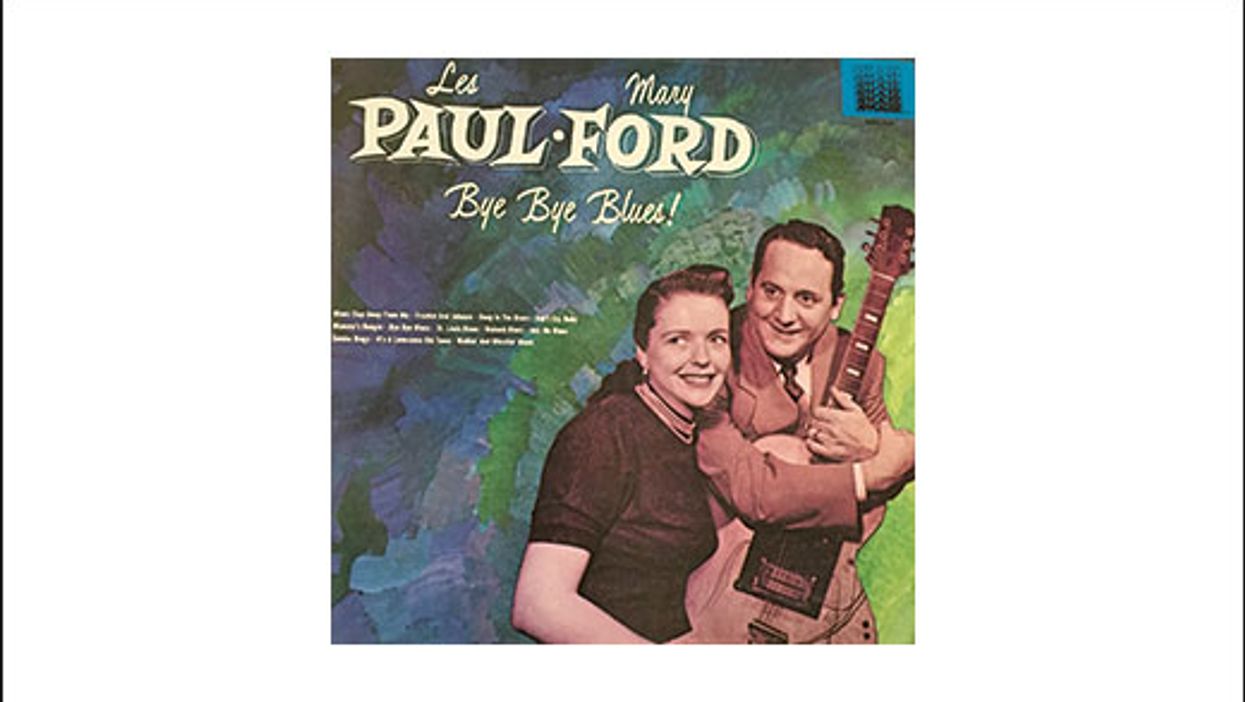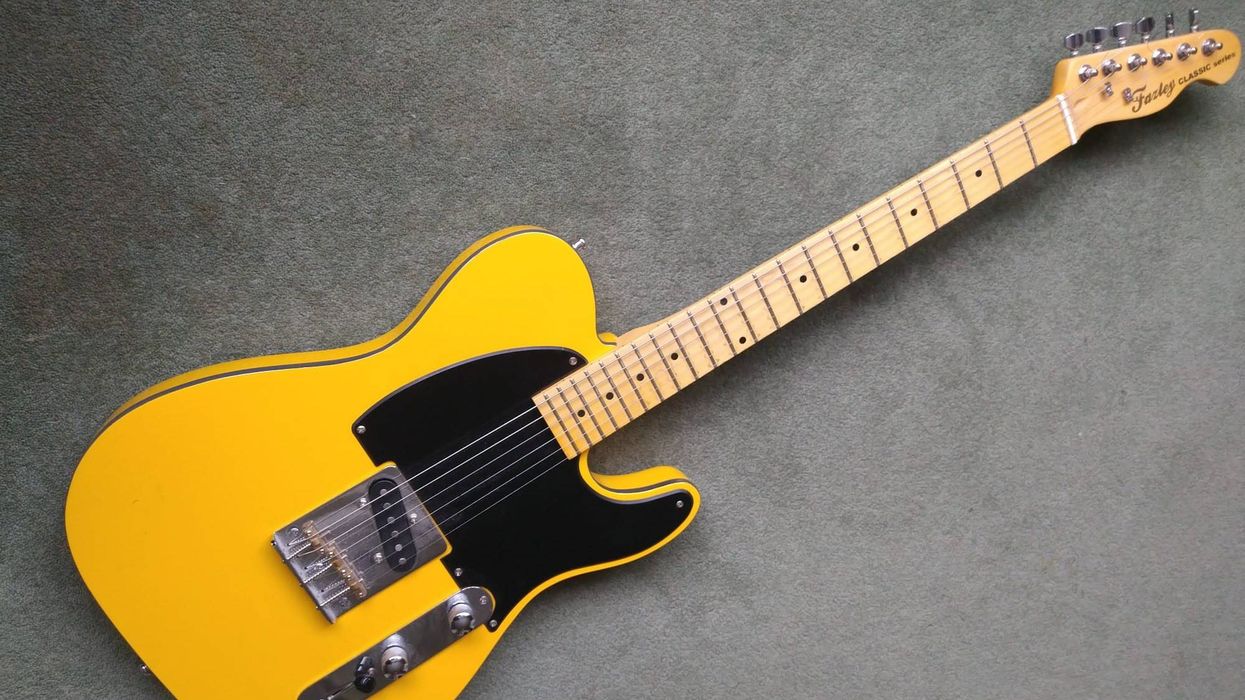It's amazing how commonplace this Star Trek-level technology has become. I've seen homeless people with iPhones that are literally one-million times more powerful than all of NASA's combined computing in 1969.
Technology is like compound interest. It grows at a nearly imperceptible rate for thousands of years and then, suddenly, it advances so rapidly that the world of our childhood will look nothing like the world we will die in. (If we die: Immortality, or at least uploading your brain to the cloud, is a real possibility in the not-too-distant future.)
Technology grows exponentially because the work of today's scientists is built on the accumulative work of all the brainiacs that came before them. Plato, Copernicus, Galileo, Newton, Tesla, Einstein, Paul Allen, and Bill Gates have all collaborated to build our current and future utopia, dystopia, Trumptopia. The rate of discovery is further aided by our growing population, which offers a larger talent pool. There have never been more big brains working to build Futurelandia.
With all of this progress in the sciences, why hasn't music advanced? Don't get me wrong. I'm not bashing current music. I love current music. Some of my best friends are current music. One of my siblings is married to current music. That being said, like technology, music builds on the work of musicians that have come before us. In 1708, Bach began composing some of the headiest tunes to date. Nearly 70 years later, Mozart studied Bach's work and took it up a notch. Mozart's compositions seriously influenced Beethoven and all those other orchestra nerds whose names I don't know. About Mozart, Joseph Haydn wrote that “posterity will not see such a talent again in 100 years."
to build Futurelandia.
Haydn was way off. It's been 226 years and one could argue the Wolfgang Amadeus catalogue is in some ways superior to the works of Limp Bizkit, Insane Clown Posse, the Black Eyed Peas, and Rebecca Black combined. (Although, to be fair, I.C.P, B.E.P, and Miss Black enjoy a far larger contemporary audience than Mozart did in his puny, pre-electricity Europe.) It's not been a quick decline, but there has been a perceptible dip in quality of music over the last two centenaries.
Although classical music was at one time pop music, let's take that highfalutin, powdered-wig-wearing stuff out of the mix and deal only with 2-to-5-minute ditties written after Charlie Christian invented electricity. In 1937, Oscar Moore in the Nat King Cole Trio took a Gibson archtop with strings 1/2" off the neck and blew jazz lines that were cooler than anything heard before. In the early 1950s, Les Paul lowered the action and took guitar playing to the next level with fast glissandos and double-stop runs (borrowed, in part, from Django Reinhardt). Les enlisted engineering and science to invent gear that enabled him to go beyond what he could do with just his hands. In the 1960s, Clapton took American blues and added a Marshall, humbuckers, and a rocking rhythm section to create something new. A few years later, Hendrix added LSD and broke entirely from convention, reinventing what could be done with a guitar. By 1978, Eddie Van Halen extended it further by adding tapping, sweeping, and all things shred.
Since then, the world has given us players like SRV, Steve Vai, Eric Johnson, Tommy Emmanuel, Joe Bonamassa, Derek Trucks, etc., etc.—I know I'm omitting many greats, but this has to fit on one page—who've added some mind-blowing music to our collective opus. I feel like a prick for saying this, but as amazing as theses guitarists are, it doesn't seem like any new ground is being broken. Are today's great guitarists perfecting what has already been done rather than expanding what's possible?
Granted, there are limitations to what one can do with only 12 notes, 6 or 7 strings, and 21 to 25 or so frets. By now, one is hard pressed to find untouched territory on a guitar. But still, given that the population has grown from about 1.65 billion in the year of Les Paul's birth to 7.5 billion today, one must wonder if some genius is going to unlock a new mystery. There's never been a larger talent pool and most of us have access to all the past trailblazers, just one click away on YouTube, where we can watch the alchemy first hand.
But music is not science, although there's some math and science involved. Music is about conveying or eliciting an emotional experience, and emotions are primitive. They defy logic and reason. Great music doesn't have to vary from what's already been done. (Personally, I find most “experimental" music unlistenable.) Maybe all we need is Angus Young 101, then build from there.














![Rig Rundown: Russian Circles’ Mike Sullivan [2025]](https://www.premierguitar.com/media-library/youtube.jpg?id=62303631&width=1245&height=700&quality=70&coordinates=0%2C0%2C0%2C0)




